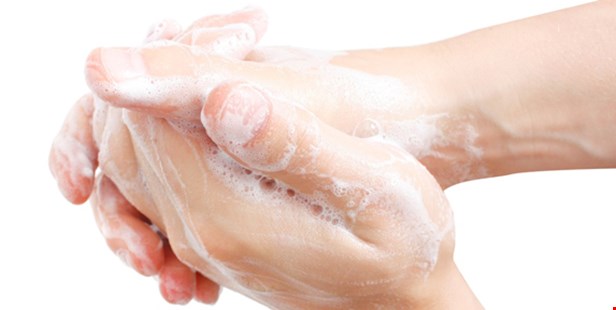Has your doctor washed his hands before touching you?
 © Shutterstock
© Shutterstock
Patient Safety will be the focus in four issues of our newsletter this year. We want to raise awareness among our members on the importance of this topic which, if not properly addressed, can affect the lives of millions of people. We would also like to encourage patients and carers, both as individuals and through their organisations to play an advocacy role to highlight the importance of preventing avoidable harm associated to healthcare. This month, we focus on hand hygiene.
Hand hygiene is probably the easiest and most effective way to improve patient safety. It refers to the simple act of health professionals cleaning their hands properly before and during patient care by washing them and/or using alcohol-based hand rub. It has proved to be an effective tool in the prevention of healthcare associated infections (HCAIs) which touch approximately 3.2 million patients[1] in the European Union every year, with 20-30 % considered to be preventable[2].
Hand hygiene requires collaborative work of healthcare professionals, hospital and health managers, patients and carers. All professionals are concerned, including those responsible for budgets, to ensure that safety is not compromised because of a lack of resources such as cleaning products. This involves building a genuine safety culture across the system, where the healthcare environment is friendly and enabling for patients, families and carers. They need to feel comfortable in talking to professionals about their safety and should be meaningfully involved in developing measures to prevent healthcare associated infections.
Patients can ask healthcare professionals whether they properly cleaned their hands or just remind them to do that. However in practice this is not always easy. Professionals should create a safe space for patient’s intervention by encouraging communication, for example by wearing an "ask me" badge. Another good “facilitator” is visual reminders about the practice, such as posters, that should be displayed in hospitals and doctors’ surgeries. In fact, research has shown that the presence of such reminders alone improves compliance!
Patient organisations play a bridge role between their members and the decision-makers to advocate for safe care. They should insist on access to essential and clear information on safety; and that patient safety, including hand hygiene, should be among the basics of professional training and continuous quality improvement.
Washing hands seems like a small – and obvious – thing, but it has a great impact on patient safety and specifically on the prevention of healthcare-associated infections.
Contact: Cristina Padeanu, EPF project Officer, cristina.padeanu@eu-patient.eu
More information: PASQ Project.
[1] Prevalence survey of healthcare-associated infections and antimicrobial use in European acute care hospitals 2011-2012, ECDC, 2013. http://www.ecdc.europa.eu/en/publications/Publications/healthcare-associated-infectionsantimicrobial-use-PPS.pdf
[2] Harbarth S, Sax H, Gastmeier P. The preventable proportion of nosocomial infections: an overview of published reports. J Hosp Infect 2003:54;258-266.
